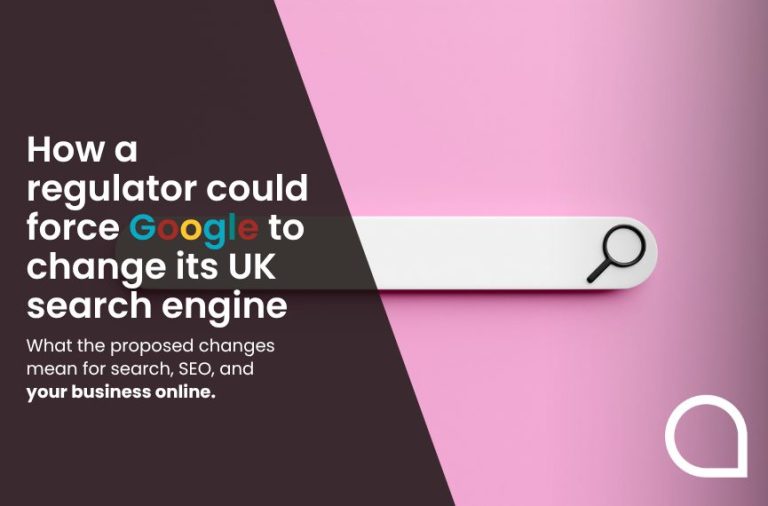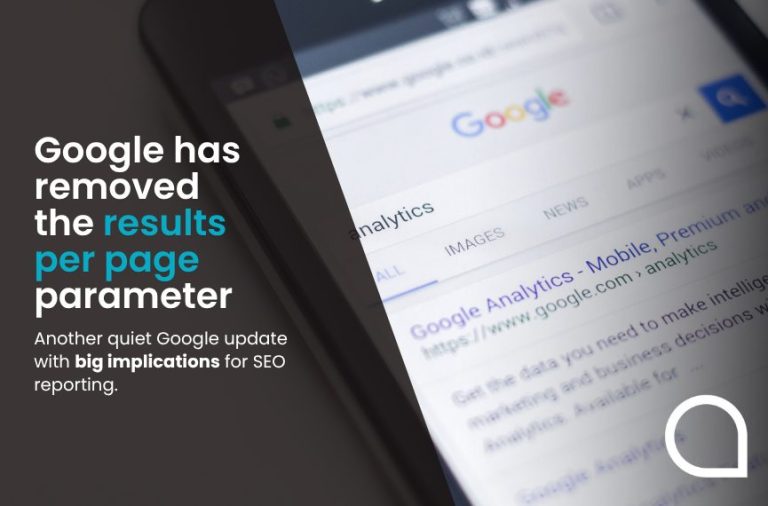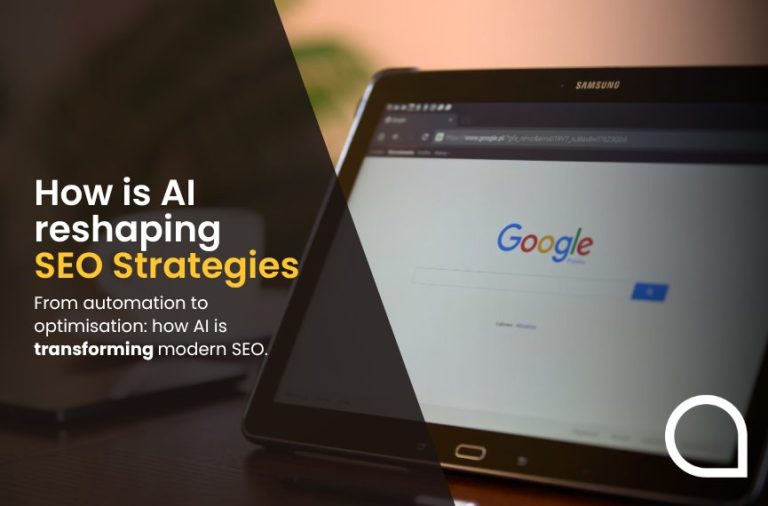
Digital PR: What is it, and why is it important for business?
Digital public relations (better known as just digital PR) is quickly becoming an essential instrument in the modern marketers’ toolkit. As Google’s algorithms evolve and
An important aspect of any bricks and mortar business is their local SEO strategy. Local SEO ensures that not only do you get visitors to your website, but you also get them through the door.
Used correctly, it’s a hugely powerful tool for small businesses.
Four out of five consumers use search engines to find local information such as services they require and places to spend their money. It should therefore be a key priority for you that your business is in pole position to receive your share.
Here we’ll take a look at local SEO, what it is, how you do it and how it can help your business grow.
Local SEO is all about increasing the search visibility of your business in your local area.
If you’re a tradesperson, you want people who live locally to find your website.
If you run a bakery, a restaurant or retail premises you need to attract consumers in your local area to visit.
Will your business appear in Google search results in the right places, when people locally are searching for your service, looking for somewhere to eat, or want to know where to buy a particular product?
Local SEO is all about ensuring that you have a presence in the search results of your local community.
For any small business that operates in a particular geographical area, local SEO is key. It’s no good appearing as the top-ranking plumber in Thurso if you’re based in Brighton!
At its most basic, local SEO makes sure that your business is showing up in search results in your immediate local area. It’s also about ensuring that your business gets ahead of the local competition when it comes to Google rankings.
The higher you are in Google rankings, the more people will visit your website, follow your social media channels, and ultimately use your services or purchase your products.
If you want to rank highly in local search results you need to keep three aspects in mind.
These are the criteria through which search engines decide if your website should feature highly in local search engine results.
They are:
Taken together, these three factors will determine where your business appears in local search results.
If you want to improve your local SEO there are several technical aspects you can use. Some of these include:
The key to securing a place at the top of local Google rankings is local content. This has a range of advantages and benefits for your business. It not only makes it more likely that Google will feature you highly in local search results, it also encourages people to visit your website.
When allied with active social media channels, the results can be amazing.
Create regular, compelling and local content for your website and then promote it through your social media.
It can bring more visitors to your website, familiarise people locally with your business and, over time, foster a sense of brand loyalty.
Regularly updated websites are preferred by search engines to ones which haven’t been touched since they went live.
It goes without saying that your local content should be rich in relevant keywords.
These should be both specific to your industry or service, as well as tailored to your local area.
You need to know what keywords are being searched for about your business and then ensure your site features them.
This needs to be done skilfully, however.
The days of stuffing content with meaningless keywords are gone, and search engines now use powerful algorithms to separate the quality content from the keyword puffed filler.
SEO can seem like a complicated and confusing process to understand and do well.
If you’re running a business with hundreds of competing demands, you might feel you have neither the time nor expertise to do the job as well as you would like.
Professional SEO support can turbo-charge your search engine rankings.
At Aqueous Digital we develop sustainable, long-term SEO strategies that help you achieve your goals.
For advice and support with any aspect of your business’ SEO contact us today, 0800 285 1424
Aqueous Digital’s Guide to the Top 501 SEO and Digital Marketing Terms
Aqueous Digital’s Ultimate Guide to the cost of SEO in the UK

Digital public relations (better known as just digital PR) is quickly becoming an essential instrument in the modern marketers’ toolkit. As Google’s algorithms evolve and

There’s something about machine-written content that just doesn’t sit right with us. And it’s not just the written word either. Take Coca Cola’s latest Christmas

The way people find information online is evolving, and quickly. Artificial intelligence (AI), whether that’s applied generatively through tools like ChatGPT or in response to

On October 10 2025, the UK’s Competition and Markets Authority (CMA) announced that Google had been granted strategic market status (SMS) in search services. Why

Have you noticed a drop in the amount of traffic your website has received over the past couple of weeks? Rest assured, you’re not alone.

We’ve heard it time and time again; Artificial Intelligence (AI) is reshaping the digital landscape. From Google’s AI Overviews and AI Mode to new AI